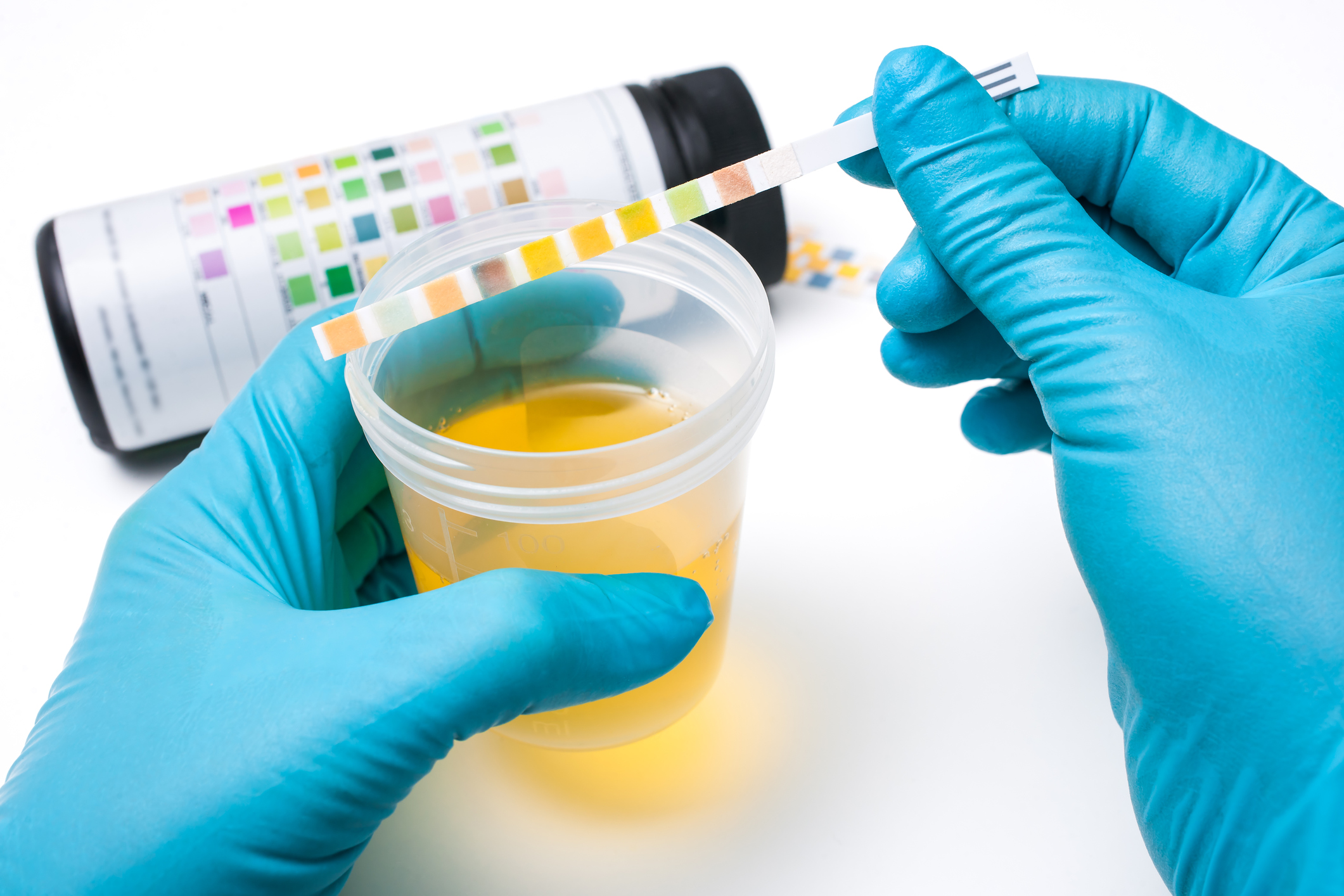About diabetes insipidus - causes, symptoms, diagnosis and treatment

Although it shares some of its signs and symptoms, this rare form of diabetes is not connected to blood sugar-related diabetes mellitus.
The condition is caused by too little ADH (antidiuretic hormone or vasopressin) being secreted into the bloodstream by the pituitary gland which means the kidneys cannot retain water. This results in the passing of a high volume of dilute urine which usually exceed 3 litres per day (referred to as polyuria).
There are two types of this form of diabetes which affect around 1 in 25,000 people. One is called cranial diabetes insipidus and the other is nephronic diabetes insipidus.
Cranial diabetes insipidus
This is caused by the hypothalamus part of your brain producing or releasing too little ADH. This can come about due to
- An autoimmune problem whereby the hypothalamus cells become damaged
- Surgery or tumours in that region of the brain
- Benign tumours or other diseases damaging the pituitary gland
- An infection like meningitis or encephalitis
- A head injury
- Brain damage caused by lack of oxygen (HIE)
Nephrogenic diabetes insipidus
In this much more rare condition the brain functions correctly but your kidneys become resistant to the effect of ADH. This can be caused by
- Chronic kidney disease
- Too high a level of medicines in your body (particularly lithium)
- Very rarely it is genetic
Symptoms
- Passing large volumes of urine day and night
- Abnormal thirst - even though you are drinking a lot of fluids
- Dehydration
Severe dehydration requires urgent medical attention for intravenous hydration and symptoms can include headaches, muscle cramps, weakness and confusion.
Diagnosis
The diagnosis is suggested from the history of the patient and confirming that the total volume of urine produced is more than 2.5L per 24 hours, then monitoring changes in fluid output and serum sodium levels through water deprivation and antidiuretic hormone tests will usually confirm the diagnosis.
The most common reason for excessive thirst or polyuria is a condition called primary polydipsia. This results from people with normal pituitary and kidney function drinking excessive volumes of water which can result in the kidneys being unable to concentrate urine. Some drugs (most commonly anti-cholinergics) can also cause a dry mouth and thirst which can also lead to excess drinking and thus polyuria.
Treatment
If you are diagnosed with cranial diabetes insipidus the treatment is usually with a manufactured version of AVP called Desmopressin. This comes in the form of a nasal spray or tablets.
However, if you have the nephrogenic version Desmopressin will not be suitable and if you are unable to regulate your water balance you can be prescribed with a mix of thiazide diuretics and non-steroidal anti inflammatories (NSAIDs).
I hope you have found this helpful.
Although every effort is made to ensure that all health advice on this website is accurate and up to date it is for information purposes and should not replace a visit to your doctor or health care professional.
As the advice is general in nature rather than specific to individuals Dr Vanderpump cannot accept any liability for actions arising from its use nor can he be held responsible for the content of any pages referenced by an external link.










